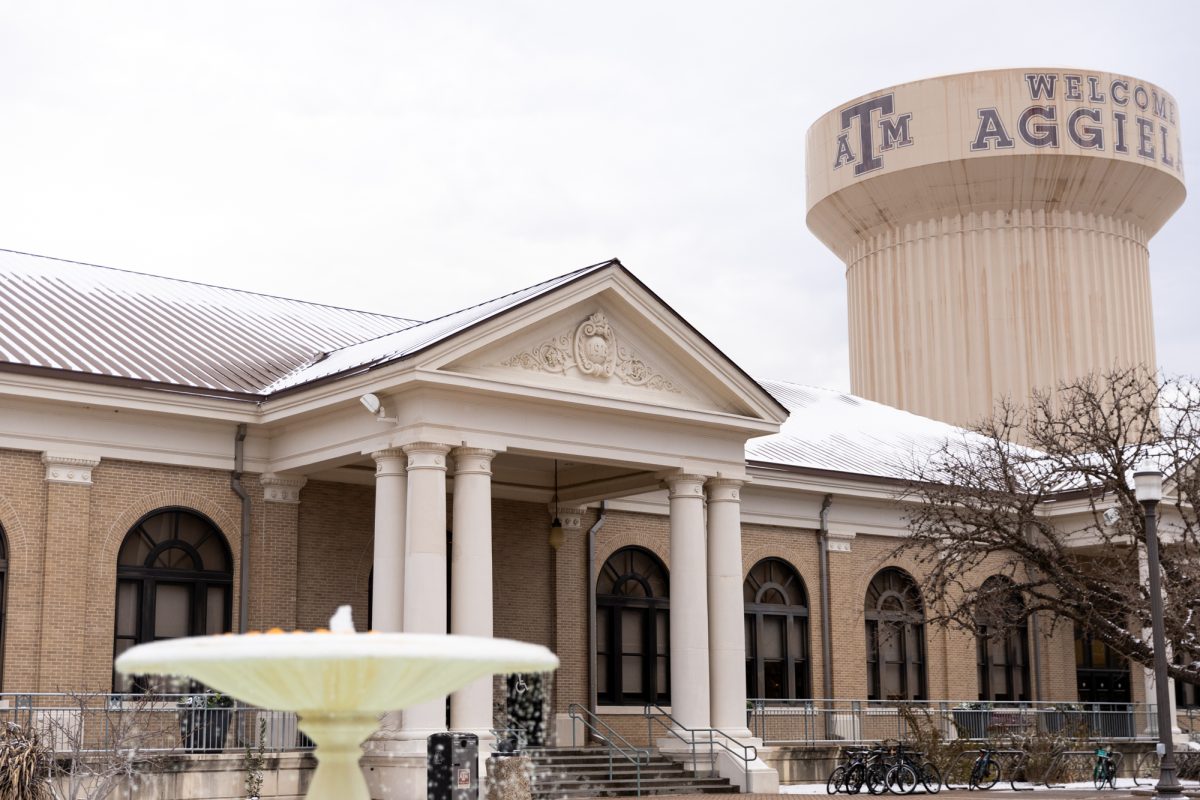F
or many college students, paying for their tuition, books and living can be a source of serious stress. Student loan debt was at $1.1 trillion in early 2014, according to a White House report, which is why it’s become a hot topic and key point on the campaign trail for several presidential candidates.
The Democratic Party often panders to the younger generations — Barack Obama’s 2012 campaign is the most recent example of this strategy paying off. This year’s candidates — Bernie Sanders, Hillary Clinton and Martin O’Malley — are clearly trying to use this same strategy. Their plans for higher education affordability and student loan repayment are talking points during their stump speeches and made clearly visible on their campaign websites.
Conversely, only one of the 12 remaining Republican candidates — Marco Rubio — has posted any direct plan for higher education on their websites, or directly spoken about it to any degree during their stump speeches on the trail so far. Jeb Bush rolled out an in-depth education reform plan on Martin Luther King Day earlier this week, adding him to the narrow list of Republicans who are clear about their stance on education.
When compiling the data and looking at the information for the Republican candidates, for some it was an arduous task. For some of the candidates I had to look at their voting records to determine — or at least speculate — what their positions are. If these candidates want any shot at the millennial vote — a vote which could and has changed the tide of elections — they need to add more transparency about their policies regarding higher education and college affordability, or otherwise decide what their position is.
Part of the blame for the lack of representation on this issue in the Republican Party does lay on the voters, though. If young Republicans want to see their issues talked about, if they want to hear what their candidates have to say about higher education, they need to get to the polls in the primaries and the general elections. According to a Pew Research Center report, 51 percent of millennials vote blue while only 35 percent vote red. If Republicans want to change those numbers, they’ll need to change what they talk about, too.
In terms of those candidates who have rolled out a plan for college affordability, the prognosis looks good for college students. Each candidate has taken into consideration the growing debt that students incur and proposed a solution for what to do about it.
The most extreme of these plans is Sanders’. His proposition to make public and community college free for students — paying for this by increasing taxes on what he calls “Wall Street speculators” — sounds good on paper, but in practice could mean some pretty drastic changes that may end poorly. Everyone loves the trigger word “free,” but it’s true that nothing is ever really free, too. Sanders may be able to rectify the outlandishness of his claim by choosing to first reduce the cost of college, instead of jumping straight into free college. It’s also hard to see this legislation getting very far in Congress.
Perhaps the most surprising education plan comes from Jeb Bush. His time in Florida saw a lot of changes in their K-12 education department with Bush creating charter schools (most of which are now closed), but his plan for higher education seems plausible. The presidential hopeful wants to offer high school graduates $50,000 in credit to be spent on their education, which students will pay-back via a percentage of their income for years afterward. Looking at college loans as credit rather than a loan is an interesting way to look at the problem, and his pay back plan being income-based is highly attractive. If a college graduate with debt is having a hard time finding a job, they won’t be paying as much back on their credit as perhaps their fellow alumni who are doing well.
With the primaries now only weeks away, it will be interesting to see how the millenials choose to vote given how the candidates have chosen to represent their issues. My bet is that we’ll see Sanders do well with young, college-aged voters who are attracted to the idea of “free” college.
Sam King is a communication junior and news editor for The Battalion.















